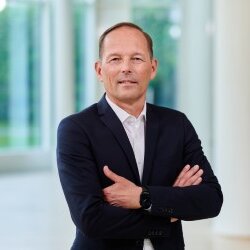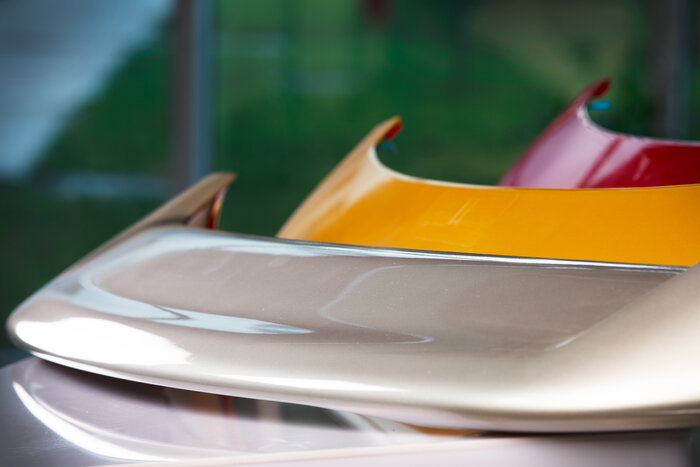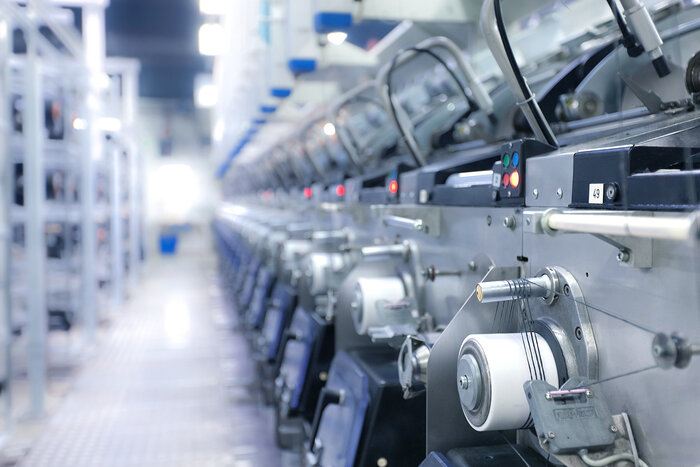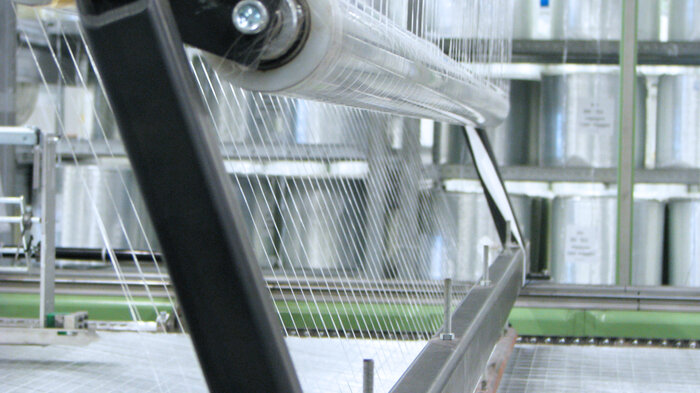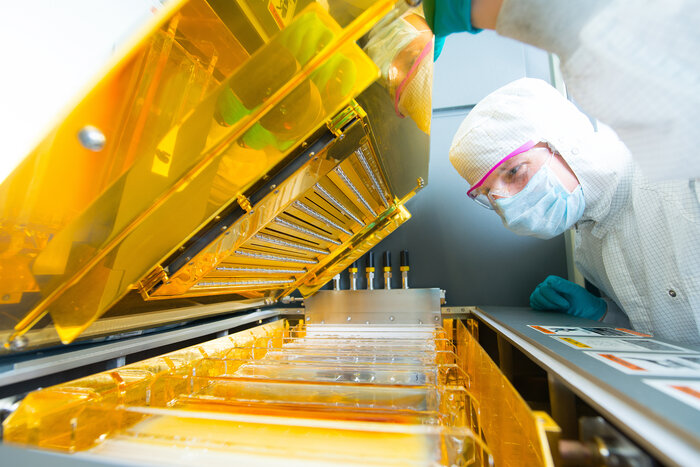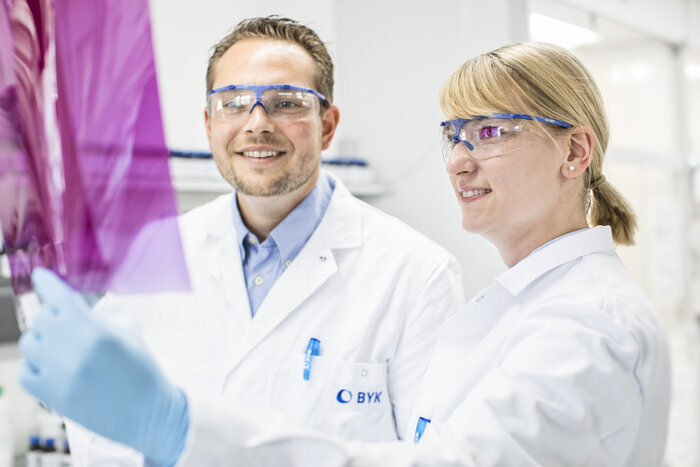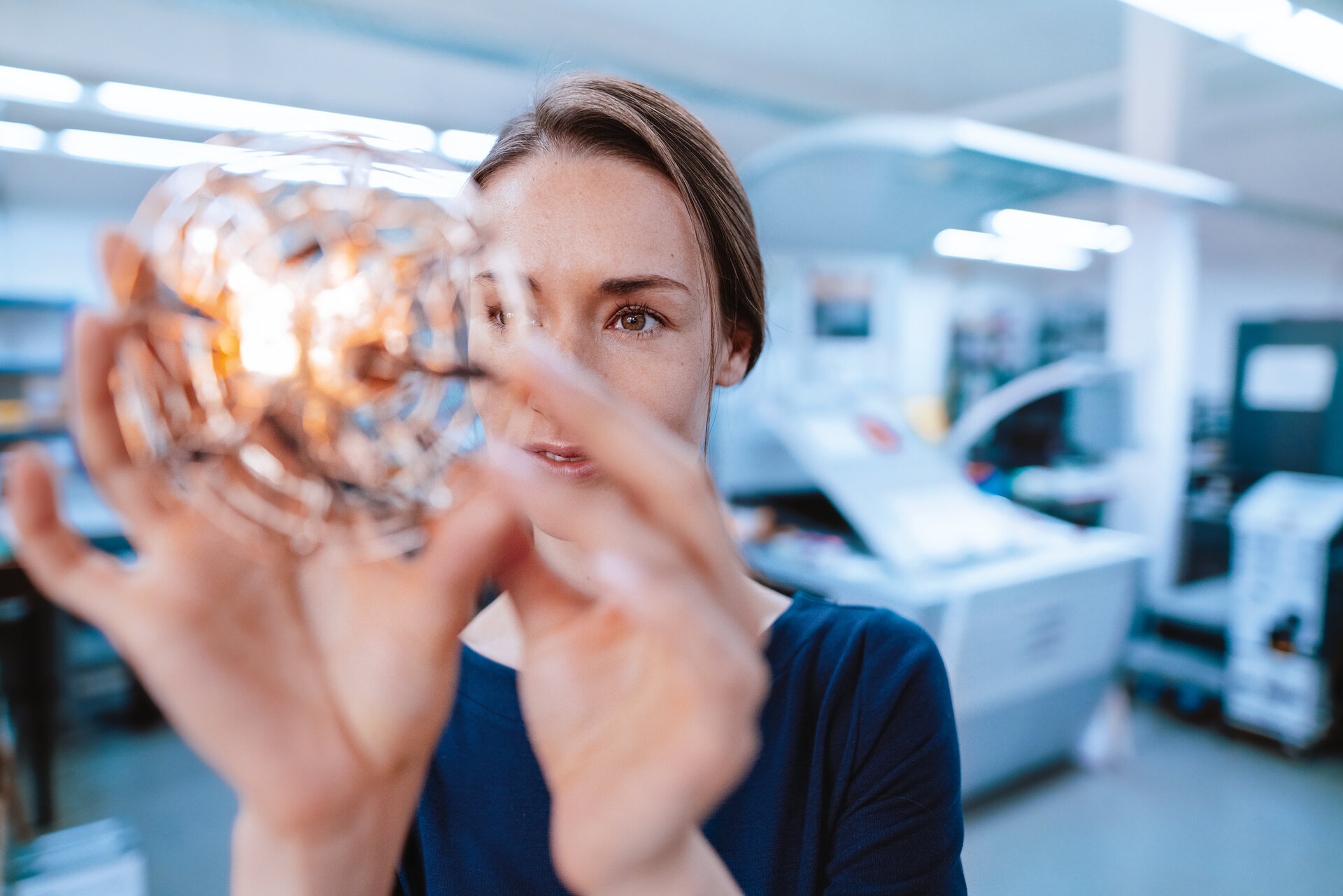
Chemicals & New Materials in NRW
Germany and NRW can look back on a long tradition in the chemical industry
As a result, the German chemical and pharmaceutical industry is now considered to be the leader in Europe. The chemical industry is the basis of many value chains and at the same time an important driver of innovation in many other sectors, developing innovative products and technologies such as high-performance plastics, innovative coatings and environmentally friendly technologies.
Approximately one third of all German chemical industry sales are generated in NRW, making the state the most important chemical location in Germany. A particular focus of the industry is the research and development of innovative solutions to meet the ever-growing demand for sustainable and advanced materials. The chemicals and new materials sector includes chemical companies, materials manufacturers, suppliers and research and development companies.
Driving force for innovation
NRW is one of the few regions in the world that unites the entire polymer value chain locally. As a producer of basic materials, the chemical industry is at the beginning of the value chain for many other sectors.
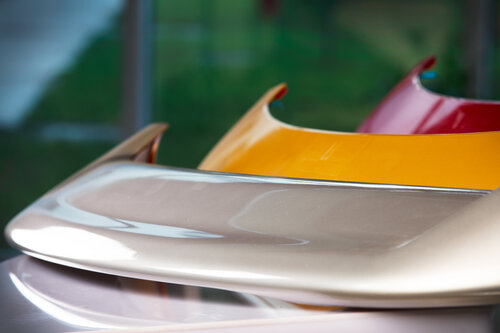
Covestro AG
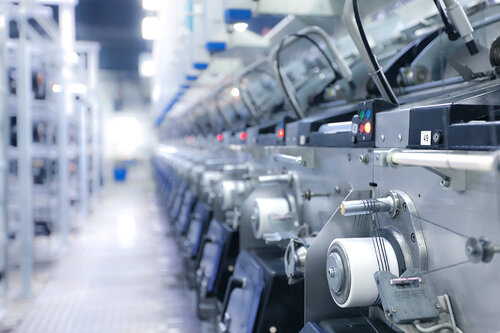
AUNDE
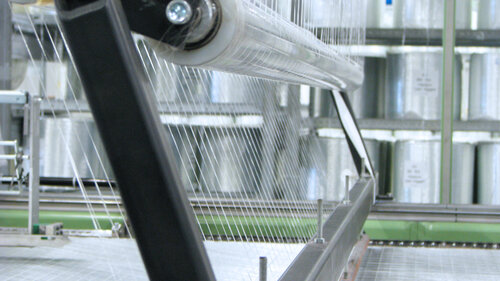
SAERTEX

Henkel AG & Co KGaA
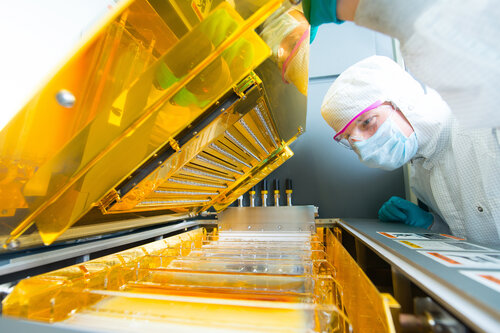
Evonik Industries AG
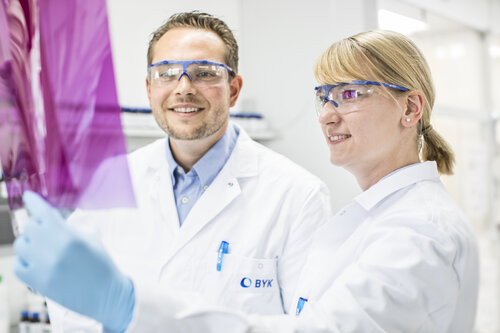
ALTANA AG
Chemical parks in NRW
Sophisticated logistics and infrastructure
With 13 chemical parks, NRW is number one in Germany. Half of all the employees in the chemical industry in NRW work at chemical parks. Companies interested in locating here will find a well-developed infrastructure and sophisticated logistics. Chemical sites such as Dormagen, Gelsenkirchen, Leverkusen and Marl guarantee the supply of raw materials with extensive pipeline networks and an efficient energy supply with gas and electricity networks. They also offer a comprehensive range of services, from complete supply and disposal management to logistics services, engineering and facility management, enabling them to provide plug-and-play solutions from the planning to the operation of new plants.
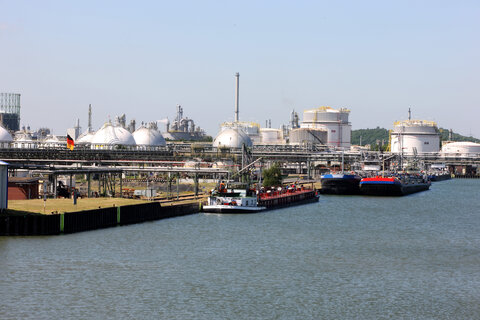
Chemicals and new materials: prospects, innovations and trends
Thanks to the broad expertise of many companies and a dense research landscape, the chemicals and new materials sector in NRW is constantly producing new innovations. The focus is on developing new and competitive products and processes that help the industry become more sustainable. This includes, in particular, the production of environmentally friendly materials made from renewable resources. The utilization of agricultural resources in the production of chemical products can also significantly reduce the use of fossil raw materials. And biosynthetic processes can be applied to make production processes themselves both sustainable and competitive.
Biodegradable materials
In the SiNaFol project, the company Kelmaplast G. Kellermann from Sprockhövel, a leading European manufacturer of tape products, and the Fraunhofer Institute for Environmental, Safety and Energy Technology UMSICHT in Oberhausen are focused entirely on sustainability: They develop barrier tapes made from biodegradable film materials. These are the alternative to commercially available barrier tapes, which often accumulate microplastics in the environment when torn off. In the long term, this newly developed technology is to be transferred to other applications such as packaging or agricultural tapes.
Innovative process based on agricultural and forestry waste products
In the ProBioLA project, Cologne-based BluCon Biotech is developing a highly innovative process for the production of L-lactic acid from waste materials such as straw. The aim is to develop a bioplastic that is economically competitive with plastics based on fossil raw materials. An important advantage over fossil-based production processes is the reduced use of energy and materials. The process also means that no additional foodstuffs are used as raw materials.
Dense university and research landscape
NRW has a diverse research landscape to offer in the field of chemicals and new materials: It has established expertise in many important areas, such as the development of flexible chemical methods for the efficient detection of bacteria, or environmentally friendly halogen-free flame retardants for thermoplastics.
The interdisciplinary (research) centers in NRW are particularly important for the development of new technologies. For example, CeNTech, in cooperation with the Nano-Bioanalytics Center (NBZ), offers an excellent infrastructure in the field of research and development for the commercial use of nanotechnology. It was opened in 2003 as an interdisciplinary center for applied nanotechnology and acts as a link between university research and traditional technology centers such as the Technologiehof Münster. In addition, its state-of-the-art laboratories are available to SMEs and startups, which can also initiate joint research projects with universities from here.
The activities of the Max Planck Institute for Chemical Energy Conversion (MPI CEC) in Mülheim an der Ruhr go beyond research and development. Together with RWTH Aachen University, it has founded the Cooperation Platform for Spin-off Potential in Sustainable Chemistry (KOALA), which supports scientists in taking their innovations from the laboratory to marketable prototypes. KOALA thus makes an important contribution to the successful creation of startups in the field of chemistry and new materials. The cooperation platform also serves as a network where those interested in setting up a company can find each other and learn from the experiences of others.
The experts at the interdisciplinary Forschungszentrum Jülich (Research Center Jülich) also devote a part of their research to the field of chemicals and new materials. With innovations in this area, they aim to develop systems and applications that are more resource-efficient and climate-friendly. This includes, for example, catalysts for the synthesis of higher alcohols such as 1-butanol or iso-butanol, which are very similar to conventional fuels in terms of their chemical and physical properties. As a result, they will be able to at least partially replace conventional fuels in the future, thus conserving resources.
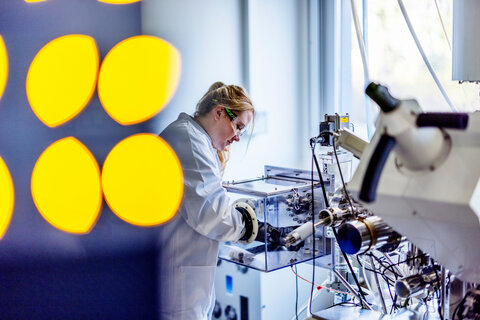
Clusters & networks
Photo credits
The photographic material was kindly provided by:
© mauritius_images_14116367
© Covestro AG
© SAERTEX GmbH & Co. KG
© AUNDE Group
© Africa Studio, shutterstock.com
© Evonik Industries AG
© ALTANA AG
© NRW.Global Business / Jan Tepass
Welcome to NRW!
These and many other location advantages await you in NRW. Invest in one of the most attractive economic regions in Europe. NRW.Global Business will help you – contact us!
Other innovation topics:
In 4 easy steps to North Rhine-Westphalia | NRW
We support you in your successful settlement in NRW with our international offices abroad and our headquarters in Düsseldorf. We are your partner and accompany the project in confidence – from the first contact to the successful settlement and beyond.
